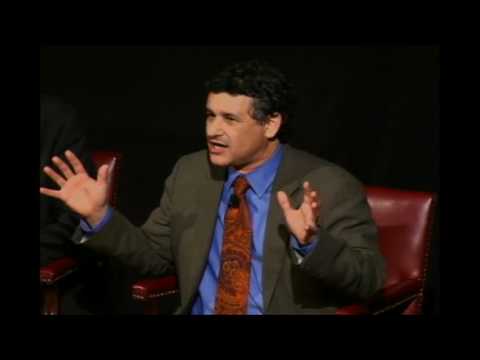Doctors were stunned to find that a 68-year-old concert pianist, who had his entire memory bank wiped out in 2005 from a viral infection, still retained his musical memory. The German musician, known only as PM, is only able to recognize his brother and care giver, and has no memory of anything or anyone else from his entire past. His medial temporal lobes, apart of the brain responsible for storage of facts and events, in other words his entire short-term memory and long-term memory, were wiped out. Yet, to the amazement of his German doctors he could play concertos and learn new music as if his musical memory was completely intact.
Even more amazing, considering he has no recollection of recent events, he can recognize musical compositions from before his illness in 2005. He can tell the difference between music that was composed before and after his memory loss, and can recall how he reacted to music that had been played for him a few hours ago – even if he couldn’t remember anything else that happened at that time.
Another case that occurred in the 1990s was the reverse to PM’s. This person’s memory was totally intact EXCEPT for music. Due to lesions in the superior temporal gyrus of the brain this patient did not suffer from amnesia, but only the ability to retain music.
Carsten Finke, a researcher from the Charité — Universitätsmedizin in Berlin believes PM’s case brings out an interesting phenomena, that musical memory is different from other types of memory.
Musical memory is the ability to remember music-related information, such as tones and pitch. Researchers have found that, although similar, musical memory is encoded differently from language.
Neuroscientist Sam Norman-Haignere and his colleagues at MIT stumbled upon what they called the brain’s “pitch center” by accident while studying the superior temporal gyrus of the brain. “We were looking for a music region,” he said. “Instead, we found a pitch region.” Their studies found that area of the brain had a much stronger response to music than random noise or speech.
These revelations brought on a lot of controversy at the recent (2011) Society for Neuroscience’s Annual Meeting. The question is whether pitch is processed and stored in just one area of the brain, or does it encompass a whole network? How does the brain process music differently than speech?
This was the first year the Society of Neuroscience conference discussed musical memory. From the case studies presented it suggests that memory is much more complex than previously thought, and music may be the key to helping those with memory problems learn new skills.
Jennifer Krizman of Northwestern University, another presenter at the annual meeting, tested children in Chicago on how well they could hear a specific sound (the word “dah”) against a quiet background or one that was full of noise. She took a group of 14-year-olds, half of whom were Spanish/English bilingual and the other half spoke only English. She found the bilingual children were much better at picking out the word when the surroundings were noisy.
Why is that? Well, according to previous studies, when bilinguals switch languages they also switch the pitch of their voice. They simply may have “fine-tuned” their ability to hear at different pitch levels when moving from one language to another.
Training in music has also been shown to improve verbal memory in children and adults, so the link between music and memory is not a new concept. Researchers already know that the last memory to go for patients with Alzheimer’s is the tunes, and playing a musical instrument is a good way to help fight the onset of the disease.
Music has shown to be an important memory tool, and further research into how our brain processes musical memory has potential to help improve memory.
From the desk of Ron White
Sources:
Scientific American – Exploring the Musical Brain at the Society for Neuroscience Annual Meeting: http://blogs.scientificamerican.com/observations/2011/11/15/exploring-the-musical-brain-at-the-society-for-neuroscience-annual-meeting/
Wikipedia — Music-related Memory: http://en.wikipedia.org/wiki/Music-related_memory
Huffington Post, Healthy Living — Cellist Memory Wiped Out From Virus, Doctors Stunned by Musical Memory: http://www.huffingtonpost.com/2011/11/15/cellist-memory-wiped-out_n_1095448.html



